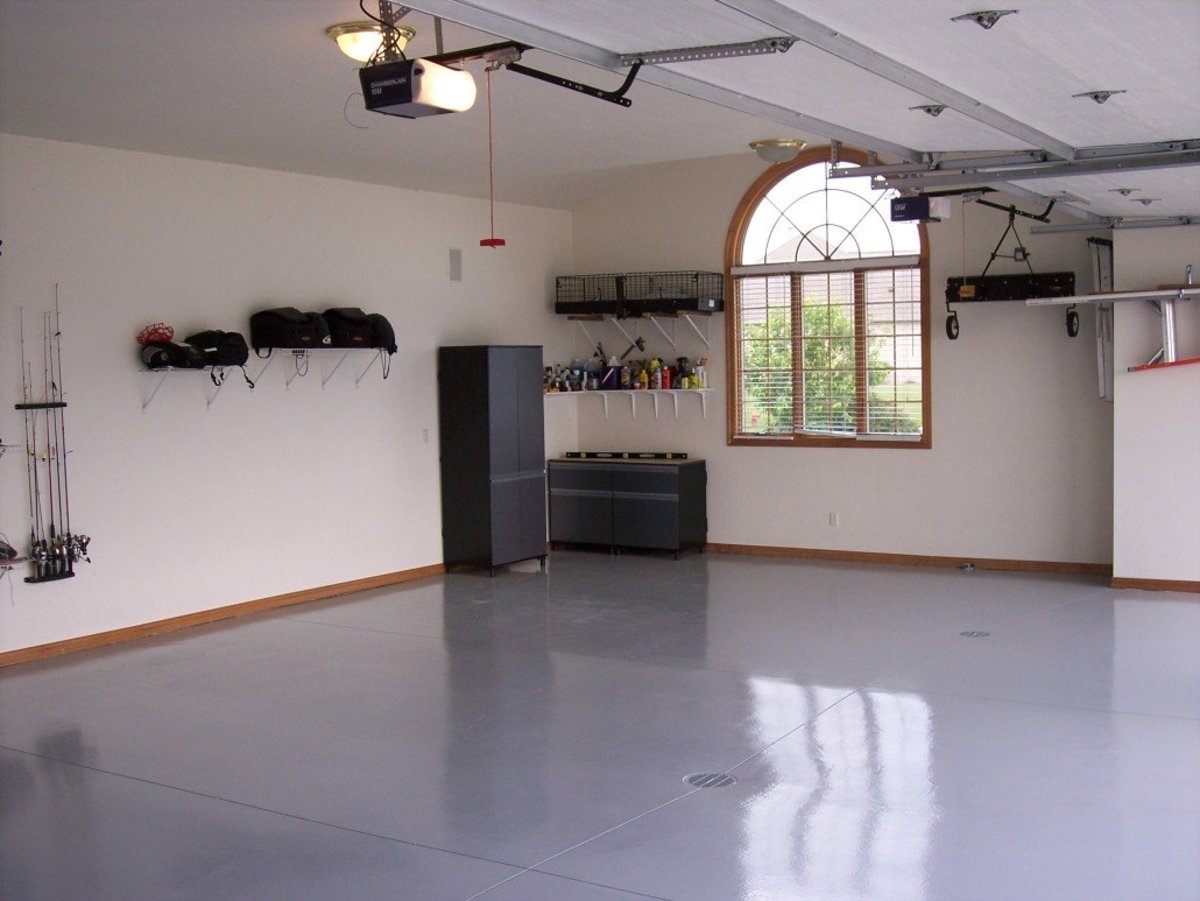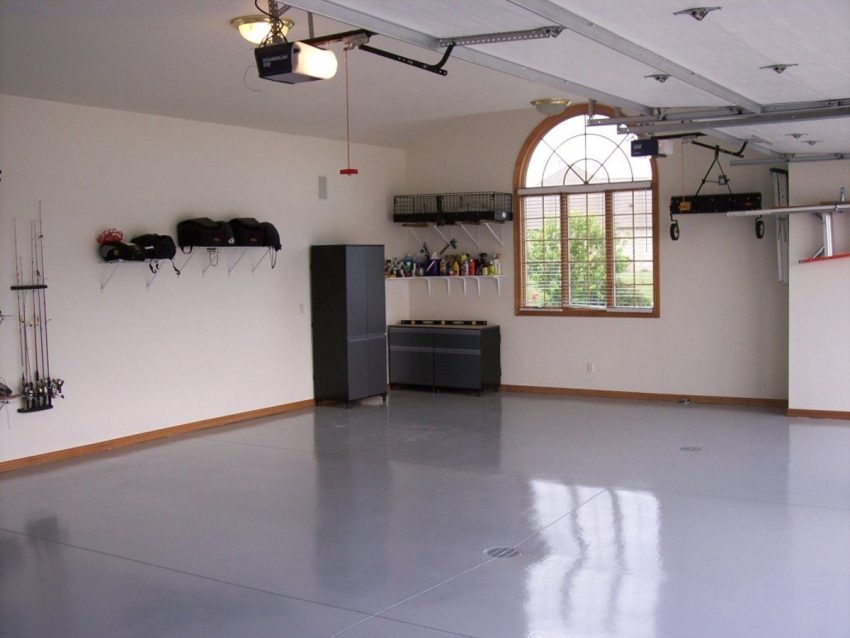Garage wall paint recommendations, when it comes to painting garage walls, choosing the right type of paint and material is essential to ensure durability, ease of maintenance, and overall aesthetic appeal. Garage walls are subjected to various challenges such as moisture, grease, oil stains, and impact from tools and equipment, making it crucial to select a paint that can withstand these conditions while providing long-lasting protection and a clean finish.

In this comprehensive guide, we will explore different types of sponge paint wallt suitable for garage walls, their advantages and disadvantages, as well as key factors to consider when selecting the best garage wall paint. Whether you are looking to refresh the look of your garage, enhance its functionality, or improve its overall durability, this guide will provide you with valuable insights and recommendations to help you make an informed decision.
Types of Paint Materials for Garage Walls
1. Latex Paint
- Advantages:
- Easy to clean and maintain.
- Quick drying time, allowing for faster application.
- Low odor compared to oil-based paints.
- Available in a wide range of colors and finishes.
- Disadvantages:
- May not provide as durable a finish as other types of paint.
- Less resistant to stains and moisture compared to other options.
- Not ideal for high-traffic or heavy-use areas.
2. Acrylic Paint
- Advantages:
- Durable and long-lasting finish.
- Resistant to stains, moisture, and fading.
- Easy to clean and maintain.
- Offers superior color retention over time.
- Disadvantages:
- Typically more expensive than latex paint.
- Limited availability of color options compared to latex paint.
- May require additional preparation for application.
3. Epoxy Paint
- Advantages:
- Extremely durable and resistant to stains, chemicals, and abrasions.
- Provides a high-gloss finish that is easy to clean.
- Ideal for high-traffic areas and heavy-duty use.
- Creates a seamless and waterproof surface.
- Disadvantages:
- Requires thorough surface preparation before application.
- Strong odor during application, necessitating proper ventilation.
- Can be more challenging to apply compared to other types of paint.
Factors to Consider When Choosing Garage Wall Paint
1. Surface Preparation
Before applying any type of paint to your garage walls, it is essential to properly prepare the surface by cleaning, repairing cracks or damage, and priming the walls if necessary. Proper surface preparation ensures better adhesion and longevity of the paint finish.
2. Durability and Resistance
Consider the level of durability and resistance required for your garage walls based on factors such as moisture levels, exposure to chemicals or oil stains, and frequency of use. Choose a wall paint that can withstand these conditions to ensure long-lasting protection and easy maintenance.
3. Application Method
Depending on your preference and expertise, consider the application method required for the chosen paint material. Some paints may be applied with brushes or rollers, while others, such as epoxy paint, may require specific tools or techniques for proper application.
4. Color and Finish
Select a color and finish that complement the overall design and functionality of your garage. Lighter colors can help brighten up the space and make it feel more open, while darker colors can hide dirt and stains better. Choose a finish that suits your aesthetic preferences, whether matte, satin, or gloss.
5. Budget and Cost
Consider your budget when selecting garage wall paint, taking into account not only the upfront cost of the paint but also any additional supplies or tools needed for preparation and application. Balance cost with quality to ensure a satisfactory result that meets your expectations.
6. Maintenance Requirements
Choose a paint material that is easy to clean and maintain, especially in a high-traffic area like a garage. Opt for paints that are resistant to stains, grease, and oil, allowing for hassle-free cleaning and upkeep over time.
Conclusion
Selecting the right paint material for your garage walls is essential to ensure longevity, durability, and overall aesthetic appeal. By considering factors such as surface preparation, durability, application method, color and finish, budget, and maintenance requirements, you can choose a paint that meets your specific needs and preferences. Whether you opt for epoxy paint for maximum durability, acrylic paint for long-lasting protection, or masonry paint for specialized surfaces, there are various options available to suit your garage wall painting project. With the recommended paint options and considerations provided in this guide, you can confidently transform your garage walls into a clean, stylish, and functional space that enhances the overall look and usability of your home.
